Labor intervention risks funding as power play scares off investors
The Albanese government’s heavy-handed intervention in the energy market risks muscling out private investment, an independent industry think tank has warned.
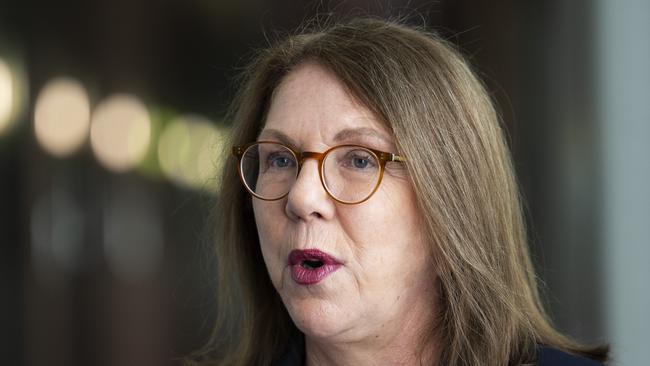
The Albanese government’s heavy-handed intervention in the energy market risks muscling out private investment, an independent industry think tank has warned, as Labor races to plug a $320bn infrastructure investment gap needed to meet its ambitious renewables targets.
Without an overhaul of the government’s approach, Labor’s pledge to cut emissions by 43 per cent by 2030 is under threat, with experts warning the nation’s net-zero agenda can’t be achieved without substantial private investment to build the necessary infrastructure.
Four in 10 investors are less likely to put money into the sector following sweeping interventions into the energy market, a new report from Infrastructure Partnerships Australia has revealed.
“With governments staring down the barrel of soaring debt and an uncertain economic outlook, leveraging private capital to deliver the infrastructure pipeline will be essential,” the report says.
Huge government investment into renewables and the establishment of publicly owned corporations are crowding out private investment by distorting the market and undermining the potential returns available to private capital, it says.
“With 40 per cent of participants less likely to invest in energy transition infrastructure off the back of recent interventions, the question now turns to how, when, and where government intervention is best placed to provide certainty and direction to the market, without crowding out private investment, inadvertently undermining Australia’s decarbonisation agenda,” the report says.
The report comes after Jim Chalmers last week warned Australia cannot meet its net-zero emissions targets without more robust interventions from government, paving the way for a new hands-on industry policy with bigger subsidies for companies helping to fuel the green energy revolution.

The report also reveals the investor appetite for Australian infrastructure has returned to pre-pandemic heights, with 92 per cent surveyed “highly likely” to invest in Australia.
However, an overheated infrastructure market is holding investors back, with 88 per cent agreeing the market is facing capacity constraints, while 44 per cent would like to see governments resequence the infrastructure pipeline.
Infrastructure Partnerships Australia chief executive Adrian Dwyer warned the government’s energy interventions were distorting the market by creating uncertainty for private investors.
Mr Dwyer said the report – The 2023 Australian Infrastructure Investment Monitor – underlined the urgent need for the government to ensure its intervention into the energy market provided certainty and direction to private investors.
“Investors want to invest in the transition, but they want to invest in a level playing field where the rules are the same, and government intervention actually distorts the market,” he said.
“When governments make big interventions … not motivated by a commercial return, it has the ability to undermine returns for the private sector elsewhere, so then the private sector looks to invest in other asset classes.”
The warning comes as the federal government announced it would limit its involvement to projects of “national significance” as part of crucial reforms triggered by Labor’s review of its $120bn infrastructure pipeline, expected to be released by Infrastructure Minister Catherine King this week.
“We are investors, we’re not just a bank. I think that’s important to understand,” Ms King told a business conference on Tuesday.
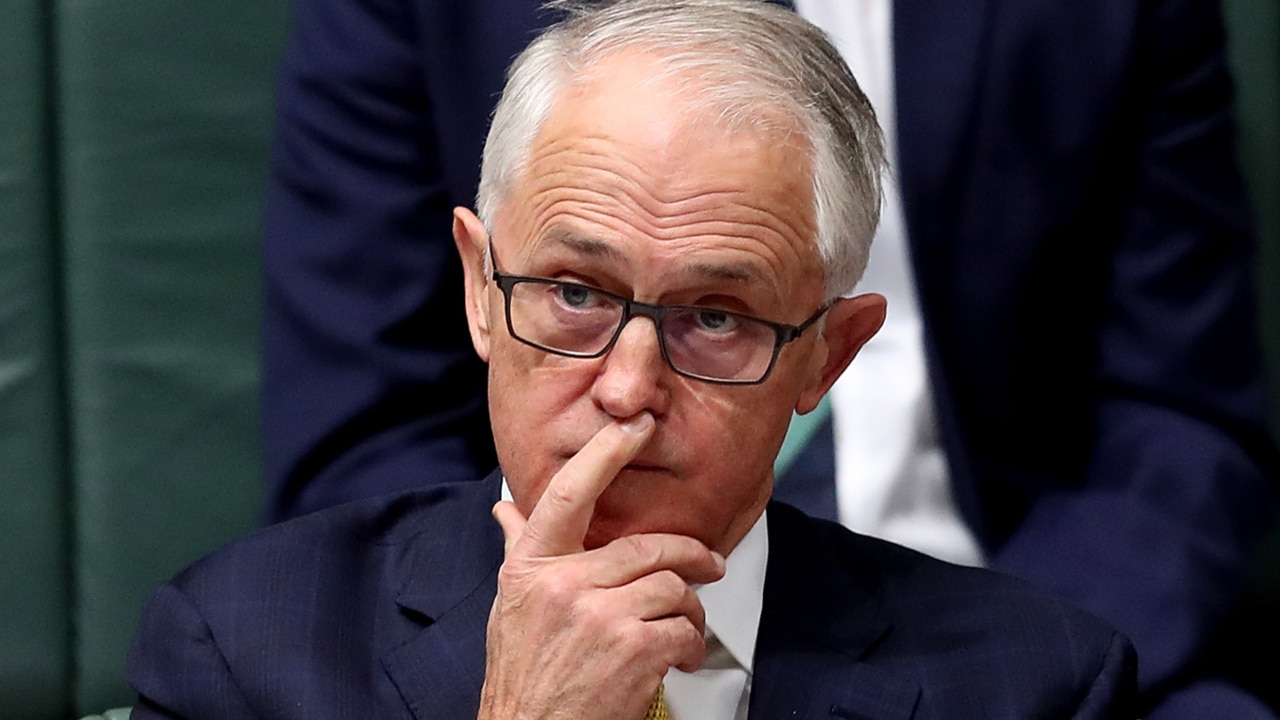
Under the government’s plans, the traditional 80-20 funding split between the commonwealth and states would no longer be the default for nationally significant projects worth at least $250m, with the move likely to see some projects cancelled.
Queensland Premier Annastacia Palaszczuk was highly critical of Labor’s plans, urging Anthony Albanese to “do what is right”.
Ms Palaszczuk said slashing road and rail projects could increase inflation by lowering productivity over the longer term.
“I’m not happy. Queensland is a growing state, we have mass migration to Queensland. We are not going to change the way in which funding has been allocated over many, many years, which is that 80-20 split, especially on our national highways, and 50-50 split on local roads,” she said.
Ms Palaszczuk said she would “stand up” to the Prime Minister and push for a “no worse-off” guarantee for Queensland.
As states pushed back against the commonwealth’s crackdown on projects, experts and economists warned private investment would be critical for Australia to deliver on the massive infrastructure pipeline essential to the nation’s green agenda amid soaring government debt levels.
The Albanese government’s target is to reduce emissions by 43 per cent below 2005 levels by 2030. Achieving that goal means 82 per cent of Australia’s electricity will need to be generated from renewable sources. The 2022 Australian Energy Market Operator report forecast $320bn would need to be injected into the national energy market out to 2050 in order to transition to renewables – a figure industry experts said substantially underestimated the actual potential bill.
The Infrastructure Partnerships Australia survey was based on views of international and Australian investors who collectively own or manage more than $547bn in infrastructure assets globally.
Former Infrastructure Australia chief of policy and research Peter Colacino said a move to renationalise some organisations and changes in policy settings had created disruption in the energy market and scared off investment.
Mr Colacino said public intervention was not “inherently bad” but governments needed to explain the market failure they were seeking to correct.
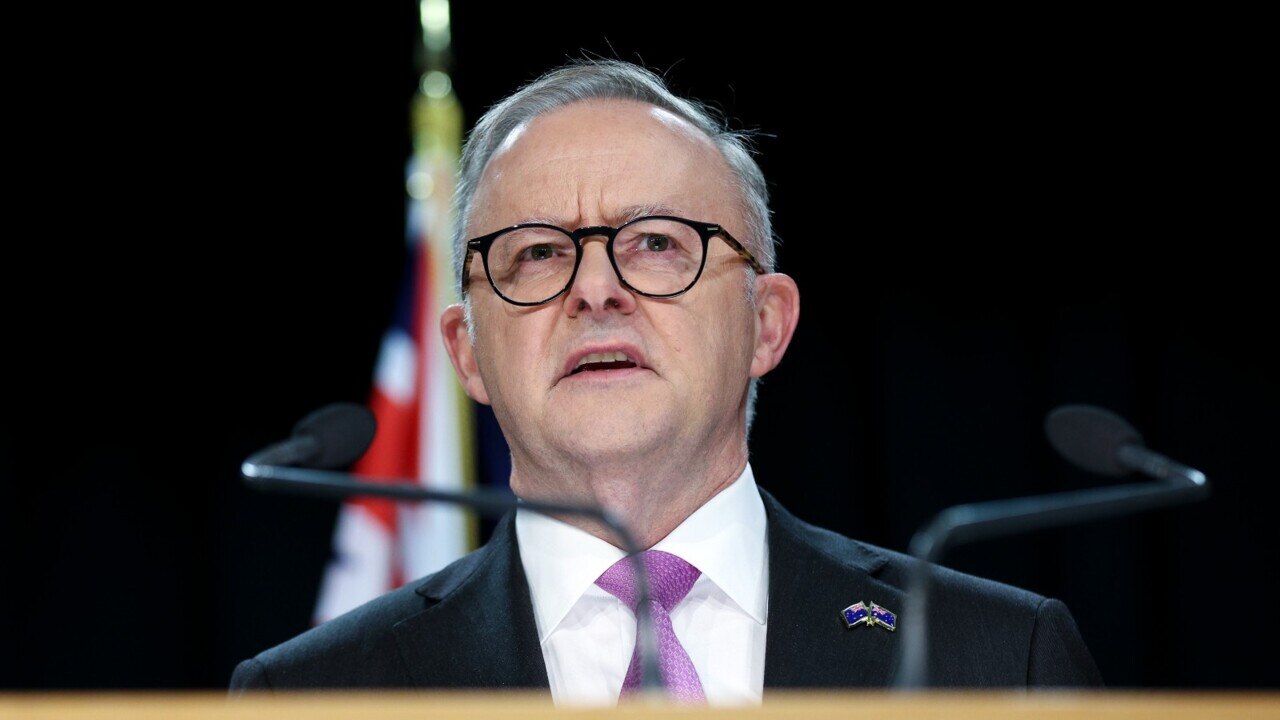
“Investors are looking for a home for their money, but the challenge is finding projects that are commercially viable and investors need transparency and certainty in market settings to ensure they receive a return on their investment.” he said. “One of the risks is around changes in government policy and if you’re investing in energy projects, then you’re carrying the risks, which can be difficult in a challenging investment environment.”
Clean Energy Investor Group chief executive Simon Corbell said governments must ensure policy decisions worked to “crowd in” rather than crowd out private investment, as he expressed concern for state government ownership of energy corporations.
“Governments need to ensure they adopt policy positions that crowd in rather than crowd out private investments. It is important that governments design their interventions carefully and not impact on the broader investment environment,” he said.
The Reserve Bank of Australia and International Monetary Fund have warned that the public works program was adding to inflation and overcooking the economy, leading to further cost and time blowouts in delivery of projects.
Grattan Institute infrastructure expert Marion Terrill warned state and commonwealth projects must be delayed in order to put downward pressure on costs.
“There is so much work under way at present that it is pushing up the prices of labour and materials. The idea is to slow the pipeline down and to delay projects,” Ms Terrill said. “In the past few years we have seen a significant increase in the cost (of delivering infrastructure projects), and it makes sense to slow it down.”
Additional reporting: Lydia Lynch

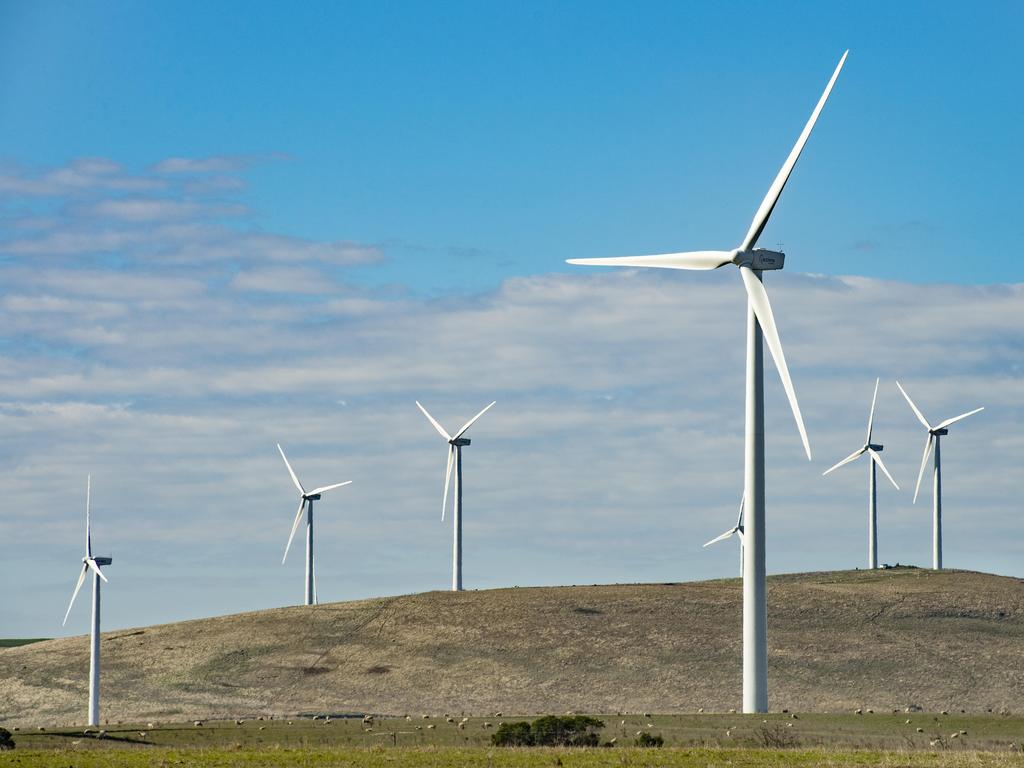
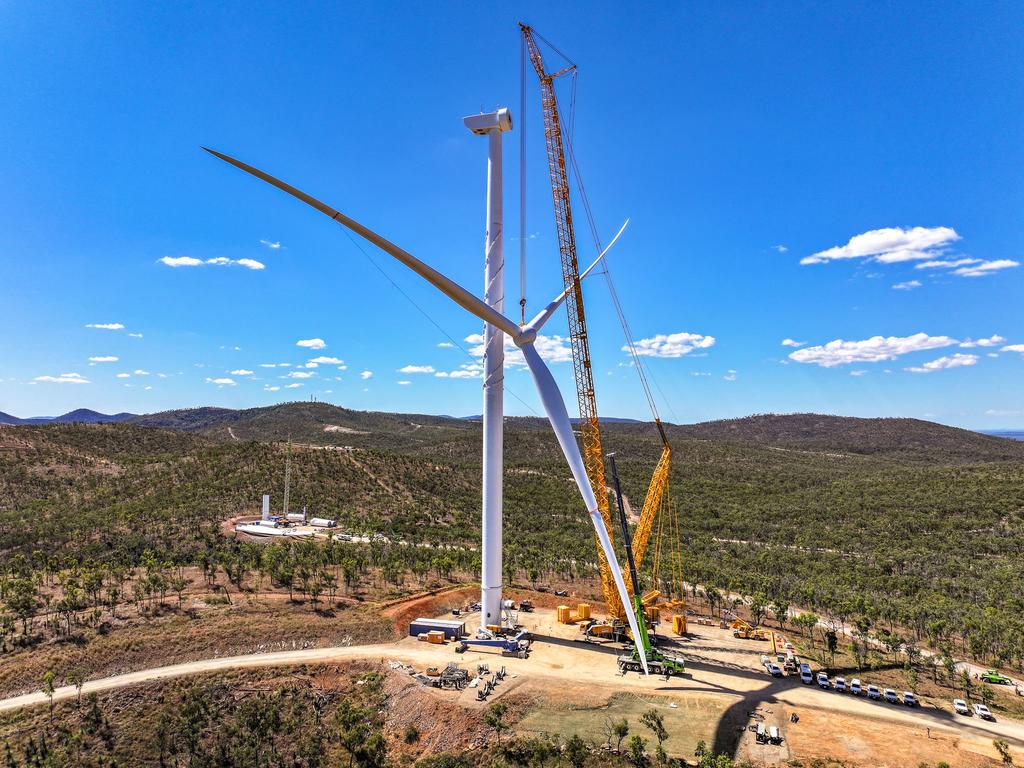




To join the conversation, please log in. Don't have an account? Register
Join the conversation, you are commenting as Logout